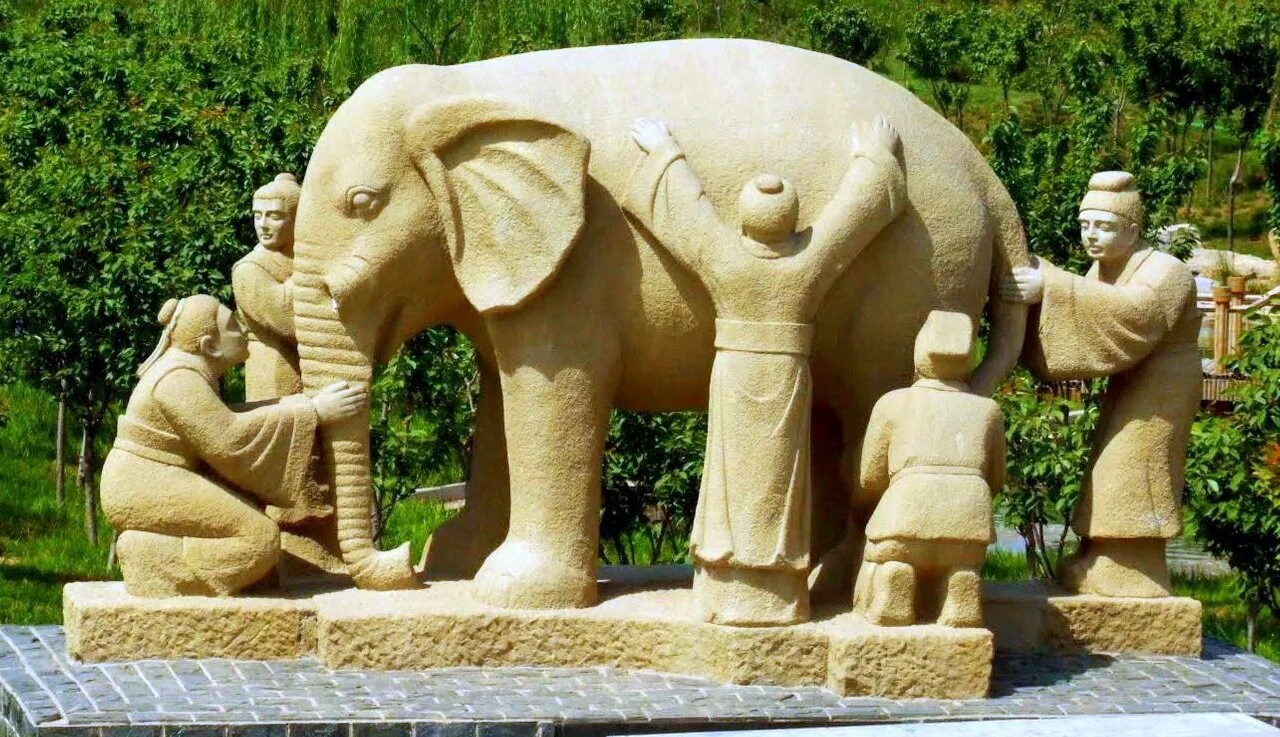A provocative title, so allow me to specify at the outset what exactly I am highlighting and the limits of the argument. Firstly and most importantly, let me make it clear that I am excluding from the discussion the necessary and vitally important domain of child-protection and the protection of vulnerable adults under law. What I am specifically referring to is the concept creep that has seen the safeguarding approach extended to sportsmen and women at senior level, who are otherwise (in the eyes of the law) deemed responsible adults capable of providing informed consent, making decisions and advocating on their own behalf. I am also excluding clear cases of misconduct that unamibiguously violate professional ethics and the boundaries of the athlete-coach relationship - for instance, sexually inappropriate behaviour or physical abuse. What I am also highlighting is the mission creep of those charged with investigating such claims and the present danger of over-reach. Why I feel these trends need to be challenged is that the safeguarding system if left unchecked threatens to penalise coaches simply for carrying out their proper duties.
Cool Stories and Zombie Ideas
Every now and then a new concept spreads like wildfire and is soon adopted at scale by organisations and professionals within a given domain. This is a scenario that seems to be especially prevalent within professional sport and the performance sciences in general. Initially early adopters are drawn in by an appealing message and a story that they find compelling. As the idea gathers steam, the growing uptake seems as much motivated by anxiety and the sense that ‘everybody else seems to be into this, so perhaps I should be too’. In due course the concept becomes firmly established and its legitimacy is widely accepted. For those caught up by this wave (or mown down by it) this all seems to occur with dizzying speed. All of this speaks to the captivating effects of ideas and the power of narratives. It also begs the question how might we avoid being taken captive and resist being swept up by the tide. Even once the wave has subsided, these events leave in their wake a detritus of zombie ideas that we as leaders, coaches and practitioners must navigate thereafter.
Honing Professional Judgement and Decision-Making
Coaching is characterised as a judgement and decision making process. Practitioners and indeed most professionals who work in human performance are de facto coaches of humans. As such, the quest that unites coaches in different sports and practitioners across disciplines is to develop our professional judgement and our ability to make better choices and decisions over time. There is no endpoint to this journey and so the need to continually hone our judgement and decision making applies irrespective of what stage we are might be at in our career. That said, the question of how we best develop these skills for practitioners at the start of their career versus catering for these aspects in continuing professional development thereafter will likely require different solutions.
Where Do We Draw the Line in Elite Sport?
Recent scandals, including multiple allegations and criminal cases of serious abuse, have rocked sport around the world. Arguably the most egregious example is the case of USA gymnastics, which should serve as a cautionary tale for everybody involved in sport at all levels. Against this backdrop, there has been something of an avalanche of allegations of bullying and improper conduct that are presently playing out in the public sphere. In turn, this has prompted calls for national sporting bodies to be less obsessively driven by winning medals. The perils of the ‘winning at all costs’ mentality have been cited as the reason behind the toxic environments and climate of fear that has been alleged in multiple sports, notably in the investigations that are presently ongoing within the UK. But of course winning on the world stage does come at a cost, both financial and personal. So where should we draw the line?
Triangulating a Position
As the value of cognitive diversity becomes more recognised, what is striking is how slow we have been to realise the need to revise our habitual ways of consuming information and interacting with those who hold contrary views. Whilst pioneers who think different are celebrated in modern western culture, in reality we are far less amenable to entertaining disagreement and diverging ideas. In the professional and academic realm we are quick to follow an authority and align with a school of thought. The hordes are likewise quick to leap into the breach to defend the doctrine against perceived challenge or dissenting views. If anything debates in all circles are increasingly polarised, as the assembled masses flock to either one side or the other. We might appreciate cognitive diversity on a conceptual level, but on a practical level we are clearly not there yet. So what steps can we take to enjoy the benefits of cognitive diversity and open our minds to the possibilities as we form our opinions?









